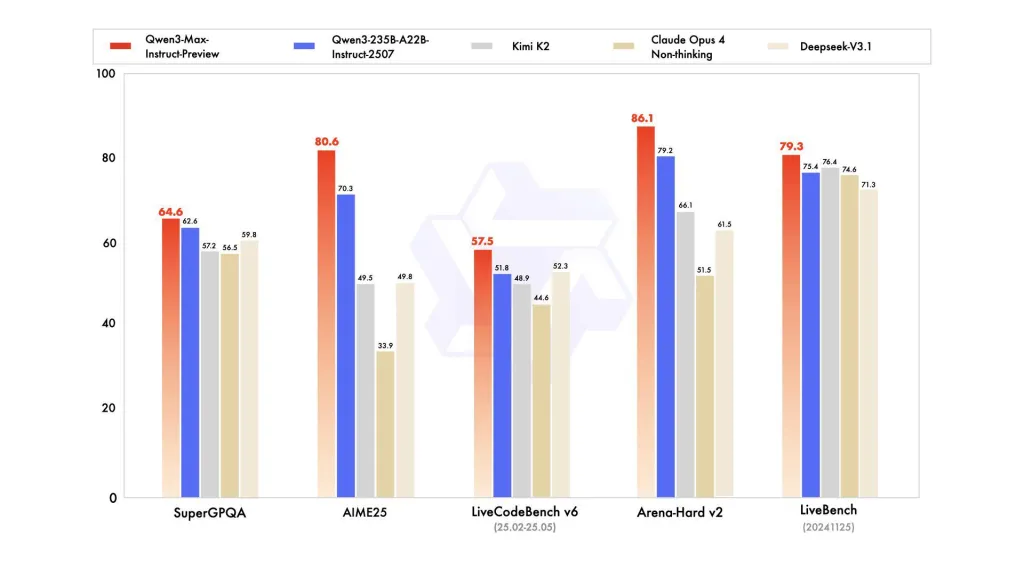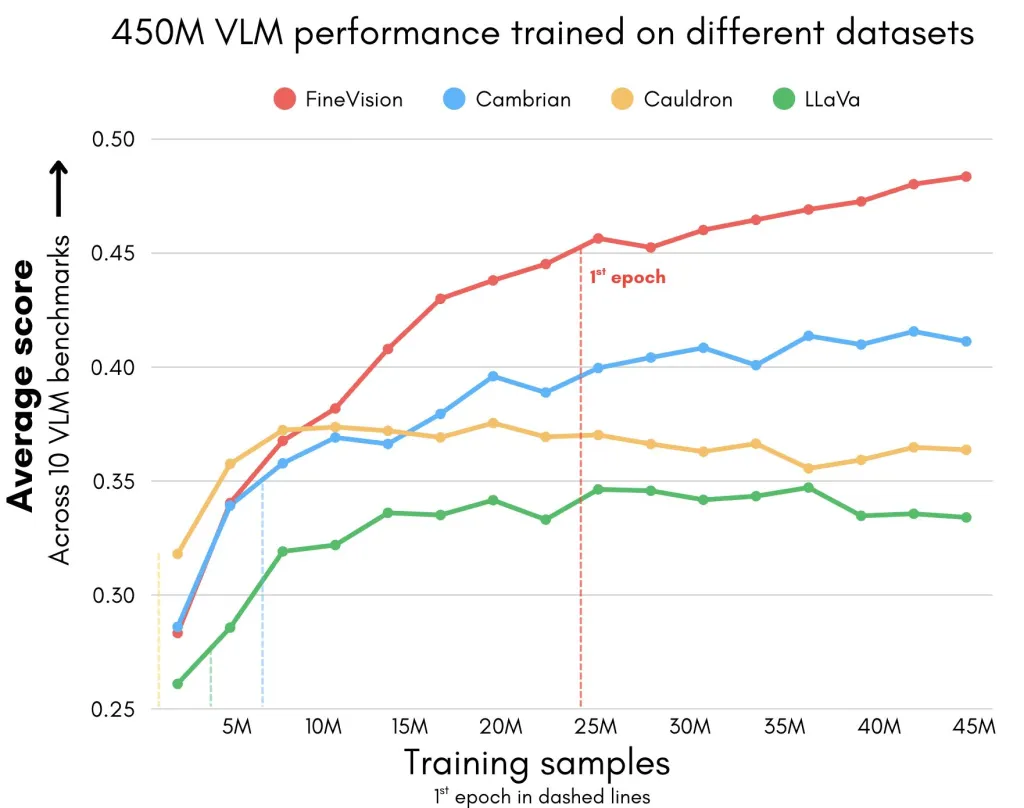In this advanced DeepSpeed tutorial, we provide a hands-on walkthrough of cutting-edge optimization techniques for training large language models efficiently. By combining ZeRO optimization, mixed-precision training, gradient accumulation, and advanced DeepSpeed configurations, the tutorial demonstrates how to maximize GPU memory utilization, reduce training overhead, and enable scaling of transformer models in resource-constrained environments, such as Colab. Alongside model creation and training, it also covers performance monitoring, inference optimization, checkpointing, and benchmarking different ZeRO stages, providing practitioners with both theoretical insights and practical code to accelerate model development. Check out the FULL CODES here. Copy CodeCopiedUse a different Browser import subprocess import sys import os import json import time from pathlib import Path def install_dependencies(): “””Install required packages for DeepSpeed in Colab””” print(” Installing DeepSpeed and dependencies…”) subprocess.check_call([ sys.executable, “-m”, “pip”, “install”, “torch”, “torchvision”, “torchaudio”, “–index-url”, “https://download.pytorch.org/whl/cu118” ]) subprocess.check_call([sys.executable, “-m”, “pip”, “install”, “deepspeed”]) subprocess.check_call([ sys.executable, “-m”, “pip”, “install”, “transformers”, “datasets”, “accelerate”, “wandb” ]) print(” Installation complete!”) install_dependencies() import torch import torch.nn as nn import torch.optim as optim from torch.utils.data import DataLoader, Dataset import deepspeed from transformers import GPT2Config, GPT2LMHeadModel, GPT2Tokenizer import numpy as np from typing import Dict, Any import argparse We set up our Colab environment by installing PyTorch with CUDA support, DeepSpeed, and essential libraries like Transformers, Datasets, Accelerate, and Weights & Biases. We ensure everything is ready so we can smoothly build and train models with DeepSpeed. Check out the FULL CODES here. Copy CodeCopiedUse a different Browser class SyntheticTextDataset(Dataset): “””Synthetic dataset for demonstration purposes””” def __init__(self, size: int = 1000, seq_length: int = 512, vocab_size: int = 50257): self.size = size self.seq_length = seq_length self.vocab_size = vocab_size self.data = torch.randint(0, vocab_size, (size, seq_length)) def __len__(self): return self.size def __getitem__(self, idx): return { ‘input_ids’: self.data[idx], ‘labels’: self.data[idx].clone() } We create a SyntheticTextDataset where we generate random token sequences to mimic real text data. We use these sequences as both inputs and labels, allowing us to quickly test DeepSpeed training without relying on a large external dataset. Check out the FULL CODES here. Copy CodeCopiedUse a different Browser class AdvancedDeepSpeedTrainer: “””Advanced DeepSpeed trainer with multiple optimization techniques””” def __init__(self, model_config: Dict[str, Any], ds_config: Dict[str, Any]): self.model_config = model_config self.ds_config = ds_config self.model = None self.engine = None self.tokenizer = None def create_model(self): “””Create a GPT-2 style model for demonstration””” print(” Creating model…”) config = GPT2Config( vocab_size=self.model_config[‘vocab_size’], n_positions=self.model_config[‘seq_length’], n_embd=self.model_config[‘hidden_size’], n_layer=self.model_config[‘num_layers’], n_head=self.model_config[‘num_heads’], resid_pdrop=0.1, embd_pdrop=0.1, attn_pdrop=0.1, ) self.model = GPT2LMHeadModel(config) self.tokenizer = GPT2Tokenizer.from_pretrained(‘gpt2’) self.tokenizer.pad_token = self.tokenizer.eos_token print(f” Model parameters: {sum(p.numel() for p in self.model.parameters()):,}”) return self.model def create_deepspeed_config(self): “””Create comprehensive DeepSpeed configuration””” return { “train_batch_size”: self.ds_config[‘train_batch_size’], “train_micro_batch_size_per_gpu”: self.ds_config[‘micro_batch_size’], “gradient_accumulation_steps”: self.ds_config[‘gradient_accumulation_steps’], “zero_optimization”: { “stage”: self.ds_config[‘zero_stage’], “allgather_partitions”: True, “allgather_bucket_size”: 5e8, “overlap_comm”: True, “reduce_scatter”: True, “reduce_bucket_size”: 5e8, “contiguous_gradients”: True, “cpu_offload”: self.ds_config.get(‘cpu_offload’, False) }, “fp16”: { “enabled”: True, “loss_scale”: 0, “loss_scale_window”: 1000, “initial_scale_power”: 16, “hysteresis”: 2, “min_loss_scale”: 1 }, “optimizer”: { “type”: “AdamW”, “params”: { “lr”: self.ds_config[‘learning_rate’], “betas”: [0.9, 0.999], “eps”: 1e-8, “weight_decay”: 0.01 } }, “scheduler”: { “type”: “WarmupLR”, “params”: { “warmup_min_lr”: 0, “warmup_max_lr”: self.ds_config[‘learning_rate’], “warmup_num_steps”: 100 } }, “gradient_clipping”: 1.0, “wall_clock_breakdown”: True, “memory_breakdown”: True, “tensorboard”: { “enabled”: True, “output_path”: “./logs/”, “job_name”: “deepspeed_advanced_tutorial” } } def initialize_deepspeed(self): “””Initialize DeepSpeed engine””” print(” Initializing DeepSpeed…”) parser = argparse.ArgumentParser() parser.add_argument(‘–local_rank’, type=int, default=0) args = parser.parse_args([]) self.engine, optimizer, _, lr_scheduler = deepspeed.initialize( args=args, model=self.model, config=self.create_deepspeed_config() ) print(f” DeepSpeed engine initialized with ZeRO stage {self.ds_config[‘zero_stage’]}”) return self.engine def train_step(self, batch: Dict[str, torch.Tensor]) -> Dict[str, float]: “””Perform a single training step with DeepSpeed optimizations””” input_ids = batch[‘input_ids’].to(self.engine.device) labels = batch[‘labels’].to(self.engine.device) outputs = self.engine(input_ids=input_ids, labels=labels) loss = outputs.loss self.engine.backward(loss) self.engine.step() return { ‘loss’: loss.item(), ‘lr’: self.engine.lr_scheduler.get_last_lr()[0] if self.engine.lr_scheduler else 0 } def train(self, dataloader: DataLoader, num_epochs: int = 2): “””Complete training loop with monitoring””” print(f” Starting training for {num_epochs} epochs…”) self.engine.train() total_steps = 0 for epoch in range(num_epochs): epoch_loss = 0.0 epoch_steps = 0 print(f”n Epoch {epoch + 1}/{num_epochs}”) for step, batch in enumerate(dataloader): start_time = time.time() metrics = self.train_step(batch) epoch_loss += metrics[‘loss’] epoch_steps += 1 total_steps += 1 if step % 10 == 0: step_time = time.time() – start_time print(f” Step {step:4d} | Loss: {metrics[‘loss’]:.4f} | ” f”LR: {metrics[‘lr’]:.2e} | Time: {step_time:.3f}s”) if step % 20 == 0 and hasattr(self.engine, ‘monitor’): self.log_memory_stats() if step >= 50: break avg_loss = epoch_loss / epoch_steps print(f” Epoch {epoch + 1} completed | Average Loss: {avg_loss:.4f}”) print(” Training completed!”) def log_memory_stats(self): “””Log GPU memory statistics””” if torch.cuda.is_available(): allocated = torch.cuda.memory_allocated() / 1024**3 reserved = torch.cuda.memory_reserved() / 1024**3 print(f” GPU Memory – Allocated: {allocated:.2f}GB | Reserved: {reserved:.2f}GB”) def save_checkpoint(self, path: str): “””Save model checkpoint using DeepSpeed””” print(f” Saving checkpoint to {path}”) self.engine.save_checkpoint(path) def demonstrate_inference(self, text: str = “The future of AI is”): “””Demonstrate optimized inference with DeepSpeed””” print(f”n Running inference with prompt: ‘{text}'”) inputs = self.tokenizer.encode(text, return_tensors=’pt’).to(self.engine.device) self.engine.eval() with torch.no_grad(): outputs = self.engine.module.generate( inputs, max_length=inputs.shape[1] + 50, num_return_sequences=1, temperature=0.8, do_sample=True, pad_token_id=self.tokenizer.eos_token_id ) generated_text = self.tokenizer.decode(outputs[0], skip_special_tokens=True) print(f” Generated text: {generated_text}”) self.engine.train() We build an end-to-end trainer that creates a GPT-2 model, sets a DeepSpeed config (ZeRO, FP16, AdamW, warmup scheduler, tensorboard), and initializes the engine. We then run efficient training steps with logging and memory statistics, save checkpoints, and demonstrate inference to verify optimization and generation in one place. Check out the FULL CODES here. Copy CodeCopiedUse a different Browser def run_advanced_tutorial(): “””Main function to run the advanced DeepSpeed tutorial””” print(” Advanced DeepSpeed Tutorial Starting…”) print(“=” * 60) model_config = { ‘vocab_size’: 50257, ‘seq_length’: 512, ‘hidden_size’: 768, ‘num_layers’: 6, ‘num_heads’: 12 } ds_config = { ‘train_batch_size’: 16, ‘micro_batch_size’: 4, ‘gradient_accumulation_steps’: 4, ‘zero_stage’: 2, ‘learning_rate’: 1e-4, ‘cpu_offload’: False } print(” Configuration:”) print(f” Model size: ~{sum(np.prod(shape) for shape in [[model_config[‘vocab_size’], model_config[‘hidden_size’]], [model_config[‘hidden_size’], model_config[‘hidden_size’]] * model_config[‘num_layers’]]) / 1e6:.1f}M parameters”) print(f” ZeRO Stage: {ds_config[‘zero_stage’]}”) print(f” Batch size: {ds_config[‘train_batch_size’]}”) trainer = AdvancedDeepSpeedTrainer(model_config, ds_config) model = trainer.create_model() engine = trainer.initialize_deepspeed() print(“n Creating synthetic dataset…”) dataset = SyntheticTextDataset( size=200, seq_length=model_config[‘seq_length’], vocab_size=model_config[‘vocab_size’] ) dataloader = DataLoader( dataset, batch_size=ds_config[‘micro_batch_size’], shuffle=True ) print(“n Pre-training memory stats:”) trainer.log_memory_stats() trainer.train(dataloader, num_epochs=2) print(“n Post-training memory stats:”) trainer.log_memory_stats() trainer.demonstrate_inference(“DeepSpeed enables efficient training of”) checkpoint_path = “./deepspeed_checkpoint” trainer.save_checkpoint(checkpoint_path) demonstrate_zero_stages() demonstrate_memory_optimization() print(“n Tutorial completed successfully!”) print(“Key DeepSpeed features demonstrated:”) print(” ZeRO optimization for memory efficiency”) print(” Mixed precision training (FP16)”) print(” Gradient accumulation”) print(” Learning



